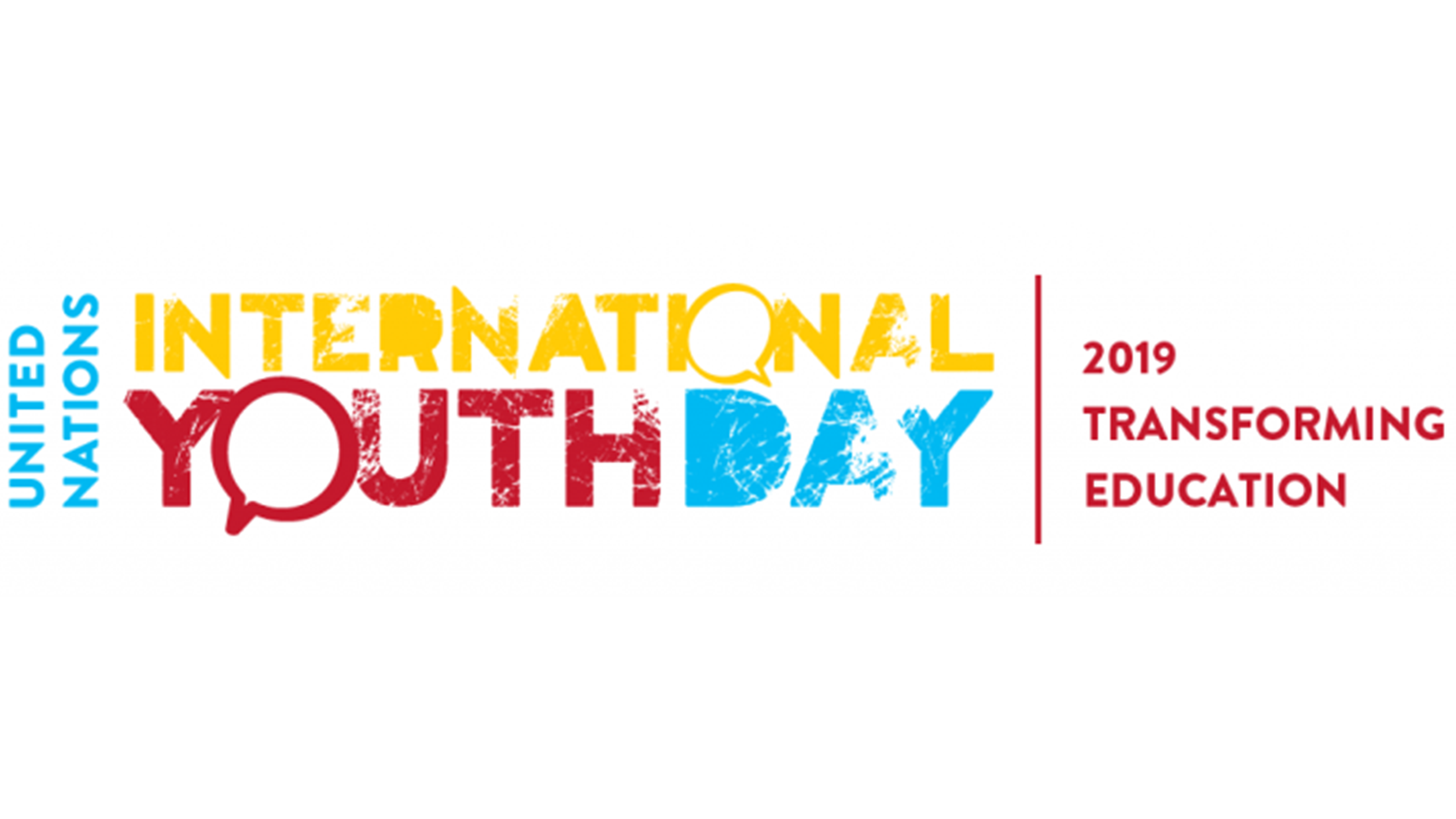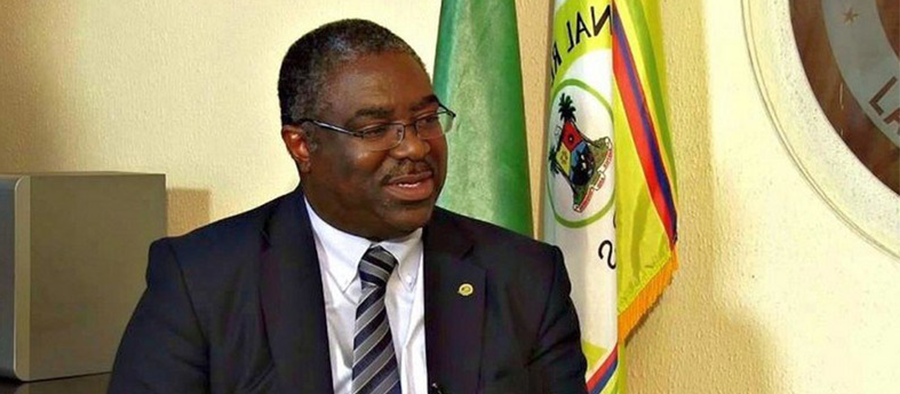International Youth Day 2019

In 1999, in its resolution 54/120, the General Assembly endorsed the recommendation made by the World Conference of Ministers Responsible for Youth (Lisbon, 8-12 August 1998) that 12 August be declared International Youth Day. The Assembly recommended that public information activities be organized to support the Day as a way to promote better awareness of the World Programme of Action for Youth, adopted by the General Assembly in 1995 (resolution 50/81).
International Youth Day is commemorated every year on 12 August. The Focal Point on Youth selects a theme for the day often with input from youth organizations and members of the UN Inter-Agency Network on Youth Development. It also organizes a commemoration of the Day at United Nations Headquarters in New York.
The Programme encourages youth around the world to organize activities to raise awareness about the situation of youth in their country. Youth are encouraged to send in a description of their planned activities to youth@un.org. The most creative activities are featured on the Programme’s website to provide a sense of how International Youth Day is being commemorated around the world and to encourage other youth to take action.
THIS IS YOUR DAY AND YOUR YEAR!
The theme of International Youth Day 2019, “Transforming education”, highlights efforts to make education more relevant, equitable and inclusive for all youth, including efforts by youth themselves. Rooted in Goal 4 of the 2030 Agenda for Sustainable Development – to “ensure inclusive and equitable quality education and promote lifelong learning opportunities for all” – International Youth Day 2019 will examine how Governments, young people and youth-led and youth-focused organizations, as well as other stakeholders, are transforming education and how these efforts are contributing to the achievement of the 2030 Agenda for Sustainable Development.
Statistics remind us that significant transformations are still required to make education systems more inclusive and accessible: (1) Only 10{54d2fcdcd494adb6982253be6fe8d5492e5f586157f419110131714f9092ec60} of people have completed upper secondary education in low-income countries; (2) 40 {54d2fcdcd494adb6982253be6fe8d5492e5f586157f419110131714f9092ec60} of the global population is not taught in a language they speak or fully understand; and (3) over 75 {54d2fcdcd494adb6982253be6fe8d5492e5f586157f419110131714f9092ec60} of secondary school-age refugees are out of school. In addition, indigenous youth, young people with disabilities, young women, young people belonging to vulnerable groups or in vulnerable situations, etc. are facing additional challenges to accessing education that respects their diverse needs and abilities as well as reflects and embraces their unique realities and identities.
Making education more relevant, equitable and inclusive is crucial to achieving sustainable development. Education is a ‘development multiplier’ in that it plays a pivotal role in accelerating progress across all 17 Sustainable Development Goals, be it poverty eradication, good health, gender equality, decent work and growth, reduced inequalities, action on climate or building peaceful societies.
Education should lead to effective learning outcomes, with the content of school curricula and pedagogy being fit for purpose, not only for the 4th industrial revolution and the future of work and life but also for the opportunities and challenges that rapidly changing social contexts bring.
Source – un.org
Sign Up to Our Newsletter
Get notified about exclusive offers every week!











